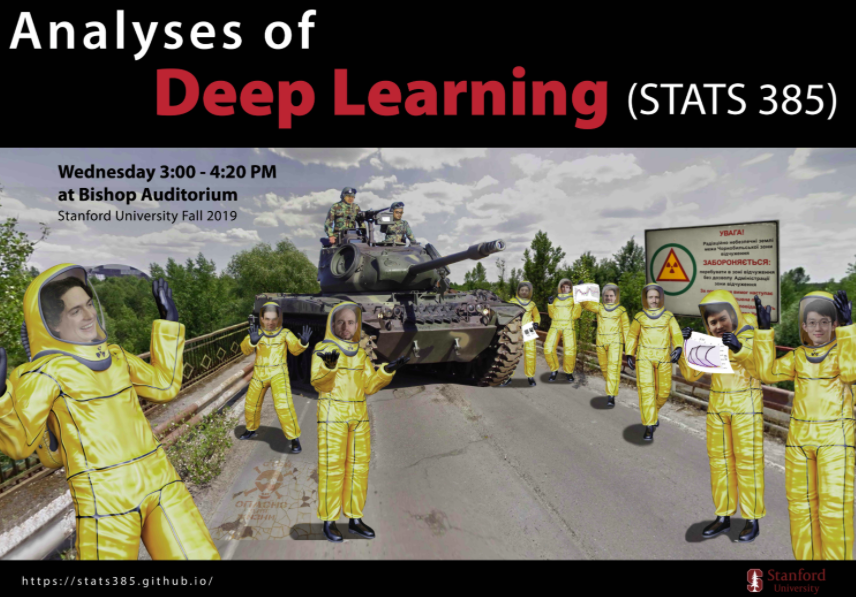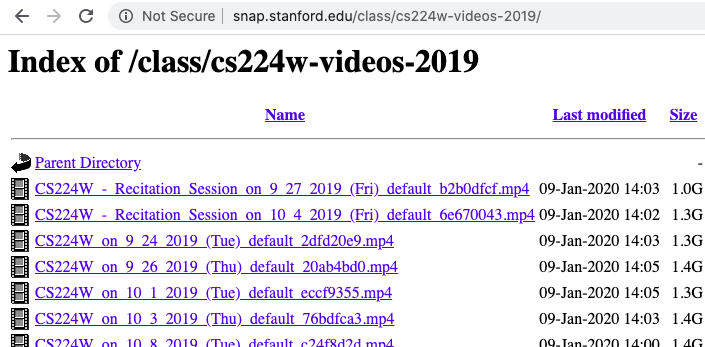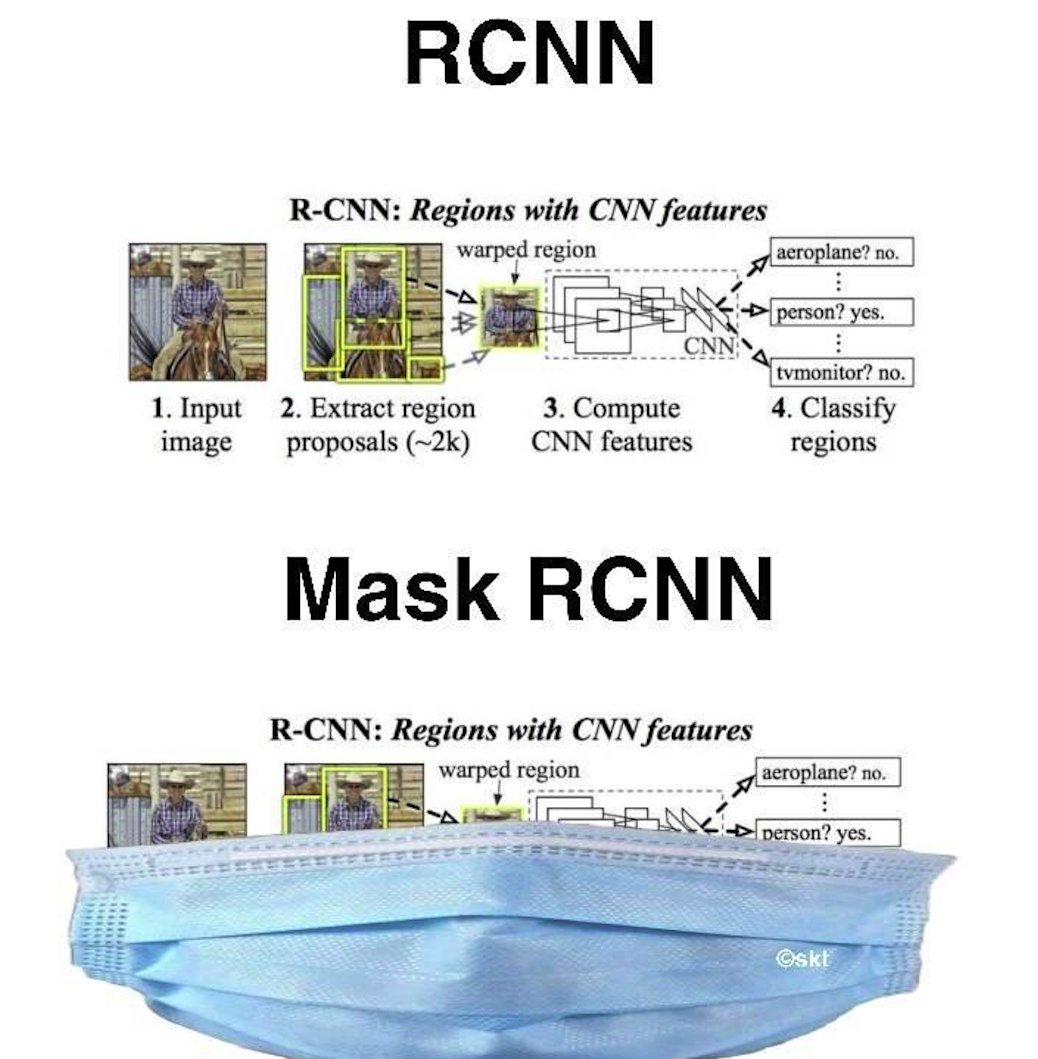Everyone has heard about http://fast.ai"> http://fast.ai or CS231n (for a good reason), but did you know you can access Stanford’s CS224w ML with Graphs or download the book Elements of Causal Inference for free? Thread on underappreciated ML resources  https://abs.twimg.com/emoji/v2/... draggable="false" alt="📚" title="Bücher" aria-label="Emoji: Bücher">
https://abs.twimg.com/emoji/v2/... draggable="false" alt="📚" title="Bücher" aria-label="Emoji: Bücher"> https://abs.twimg.com/emoji/v2/... draggable="false" alt="🎥" title="Filmkamera" aria-label="Emoji: Filmkamera"> that deserve more love
https://abs.twimg.com/emoji/v2/... draggable="false" alt="🎥" title="Filmkamera" aria-label="Emoji: Filmkamera"> that deserve more love  https://abs.twimg.com/emoji/v2/... draggable="false" alt="👇" title="Rückhand Zeigefinger nach unten" aria-label="Emoji: Rückhand Zeigefinger nach unten"> /1
https://abs.twimg.com/emoji/v2/... draggable="false" alt="👇" title="Rückhand Zeigefinger nach unten" aria-label="Emoji: Rückhand Zeigefinger nach unten"> /1
With the # of (new) resources online and inspired by
@sebruder, I& #39;m trying out a newsletter to curate these resources. Next edition will be on topics like NLP, RL and GOFAI. Feel free to check it out and lmk what you think! /2 https://www.getrevue.co/profile/openmlu/issues/openmlu-newsletter-issue-1-270747">https://www.getrevue.co/profile/o...
@sebruder, I& #39;m trying out a newsletter to curate these resources. Next edition will be on topics like NLP, RL and GOFAI. Feel free to check it out and lmk what you think! /2 https://www.getrevue.co/profile/openmlu/issues/openmlu-newsletter-issue-1-270747">https://www.getrevue.co/profile/o...
Stanford’s @stats385 has a myriad of fascinating lectures on theoretical deep learning: from robustness to overparameterization of NNs to DL through random matrix theory. It& #39;s a shame most of these fantastic lectures only have a few hundred views /3 https://stats385.github.io/lecture_videos ">https://stats385.github.io/lecture_v...
This is the most well-rounded computer vision course I know (taught by @pjreddie) as it not only teaches you the deep learning side of CV but "older" methods like SIFT and optical flow as well /4 https://www.youtube.com/playlist?list=PLjMXczUzEYcHvw5YYSU92WrY8IwhTuq7p">https://www.youtube.com/playlist...
This course is a phenomenal next step for anyone who has already taken an intro CV or DL course and wants to explore ideas like neural rendering, interpretability and GANs further. Taught by @lealtaixe and @MattNiessner /5 https://www.youtube.com/playlist?list=PLog3nOPCjKBnjhuHMIXu4ISE4Z4f2jm39">https://www.youtube.com/playlist...
While some of Stanford CS224w’s lectures sporadically appear on YouTube, if you simply go to this website, you can just watch every lecture there. It covers topics like networks, data mining and graph neural networks /6 http://snap.stanford.edu/class/cs224w-videos-2019/">https://snap.stanford.edu/class/cs2...
If you want to learn more about PGMs, this CMU course (taught by Eric Xing) is the way to go. From the basics of GMs to approximate inference to deep generative models, RL, causal inference and applications, it covers a lot of ground for just one course /7 https://www.youtube.com/watch?v=oqvdH_8lmCA&list=PLoZgVqqHOumTqxIhcdcpOAJOOimrRCGZn">https://www.youtube.com/watch...
Are you ever confused about cluster computing, containers or scaling experiments? Then Stanford’s
@stats285 might be a great way to better understand cloud computing, distributed tools and research infrastructure /8 https://www.researchgate.net/project/Massive-Computational-Experiments-Painlessly">https://www.researchgate.net/project/M...
@stats285 might be a great way to better understand cloud computing, distributed tools and research infrastructure /8 https://www.researchgate.net/project/Massive-Computational-Experiments-Painlessly">https://www.researchgate.net/project/M...
. @full_stack_dl is basically a bootcamp to learn best practices for your ML projects. From infrastructure to data management to model debugging to deployment, if there is one course you want to take to become a better ML Engineer, this is probably it /9 https://course.fullstackdeeplearning.com/ ">https://course.fullstackdeeplearning.com/">...
For Causal Inference, I’d highly recommend @mattmasten’s Causal Inference bootcamp. Over 100 videos to understand ideas like counterfactuals, instrumental variables, differences-in-differences, regression discontinuity... (from an econ/ss perspective) /10 https://www.youtube.com/c/ModUPowerfulConceptsinSocialScience/playlists">https://www.youtube.com/c/ModUPow...
Beyond a collection of other great talks, this MLSS has recorded Causal Discovery lectures by @bschoelkopf and a very #-heavy, practical CI tutorial by @fhuszar /11 https://www.youtube.com/channel/UC722CmQVgcLtxt_jXr3RyWg/videos">https://www.youtube.com/channel/U...
This book by Peters et al gives the reader a broad overview of causality and some of its connections to ML. 200 pages of well-written content on the cause-effect problem, multivariate causal models, hidden variables, time series etc /12 https://mitpress.mit.edu/books/elements-causal-inference">https://mitpress.mit.edu/books/ele...
If you& #39;re interested in the book, make sure to check out this 4-part lecture series by Peters as well. It basically goes through a lot of the same topics /13 https://www.youtube.com/watch?v=zvrcyqcN9Wo&t">https://www.youtube.com/watch...
For a collection of talks on current CI research, check out this virtual seminar. A lot of fascinating talks on topics like CI in the context of COVID or how stories are connected to forward/reverse CI by people such as Caroline Uhler and @StatModeling /14 https://www.youtube.com/channel/UCiiOj5GSES6uw21kfXnxj3A/videos">https://www.youtube.com/channel/U...
A lot of robotics material online is concerned with the software side of the field, whereas this course by Peter Corke will teach you more about the basics of body dynamics, kinematics, joint control etc /15 https://robotacademy.net.au/ ">https://robotacademy.net.au/">...
A complementary course that dives deeper into these concepts is Kevin Lynch’s 6-part MOOC and corresponding free book on robot motion, kinematics, dynamics, planning, control and manipulation /16 #courses">https://www.coursera.org/specializations/modernrobotics #courses">https://www.coursera.org/specializ...
In this course Russ Tedrake will teach you about nonlinear dynamics and control of underactuated systems in the context of differential equations, ML, optimization, robotics and programming. /17 https://www.youtube.com/playlist?list=PLkx8KyIQkMfVG-tWyV3CcQbon0Mh5zYaj">https://www.youtube.com/playlist...
In CS287 @pabbeel guides you through the foundations of MDPs, Motion Planning, Particle Filters, Imitation Learning, Physics Simulations and many other topics. Particularly recommend the last two lectures and
@josh_tobin_& #39;s guest lecture on sim2real /18 https://www.youtube.com/watch?v=ac_W9IgKX2c&list=PLwRJQ4m4UJjNBPJdt8WamRAt4XKc639wF">https://www.youtube.com/watch...
@josh_tobin_& #39;s guest lecture on sim2real /18 https://www.youtube.com/watch?v=ac_W9IgKX2c&list=PLwRJQ4m4UJjNBPJdt8WamRAt4XKc639wF">https://www.youtube.com/watch...
How can Deep Learning (and more conventional methods) be applied in the Life Sciences? This course by @manoliskellis and @davidkgifford is a fast-paced course to answer that question, comparing and contrasting these approaches in various settings /19 https://www.youtube.com/playlist?list=PLypiXJdtIca5ElZMWHl4HMeyle2AzUgVB">https://www.youtube.com/playlist...
That’s it for now!
This thread was largely DL, CI, CV and Robotics centered. Next time I’ll go into my favorite hidden gems in NLP, RL and Neuroscience.
Stay safe everyone and don& #39;t forget to wear a mask https://abs.twimg.com/emoji/v2/... draggable="false" alt="😷" title="Gesicht mit Mundschutz" aria-label="Emoji: Gesicht mit Mundschutz"> /20
https://abs.twimg.com/emoji/v2/... draggable="false" alt="😷" title="Gesicht mit Mundschutz" aria-label="Emoji: Gesicht mit Mundschutz"> /20
This thread was largely DL, CI, CV and Robotics centered. Next time I’ll go into my favorite hidden gems in NLP, RL and Neuroscience.
Stay safe everyone and don& #39;t forget to wear a mask

 Read on Twitter
Read on Twitter

 /20" title="That’s it for now!This thread was largely DL, CI, CV and Robotics centered. Next time I’ll go into my favorite hidden gems in NLP, RL and Neuroscience. Stay safe everyone and don& #39;t forget to wear a mask https://abs.twimg.com/emoji/v2/... draggable="false" alt="😷" title="Gesicht mit Mundschutz" aria-label="Emoji: Gesicht mit Mundschutz"> /20" class="img-responsive" style="max-width:100%;"/>
/20" title="That’s it for now!This thread was largely DL, CI, CV and Robotics centered. Next time I’ll go into my favorite hidden gems in NLP, RL and Neuroscience. Stay safe everyone and don& #39;t forget to wear a mask https://abs.twimg.com/emoji/v2/... draggable="false" alt="😷" title="Gesicht mit Mundschutz" aria-label="Emoji: Gesicht mit Mundschutz"> /20" class="img-responsive" style="max-width:100%;"/>


